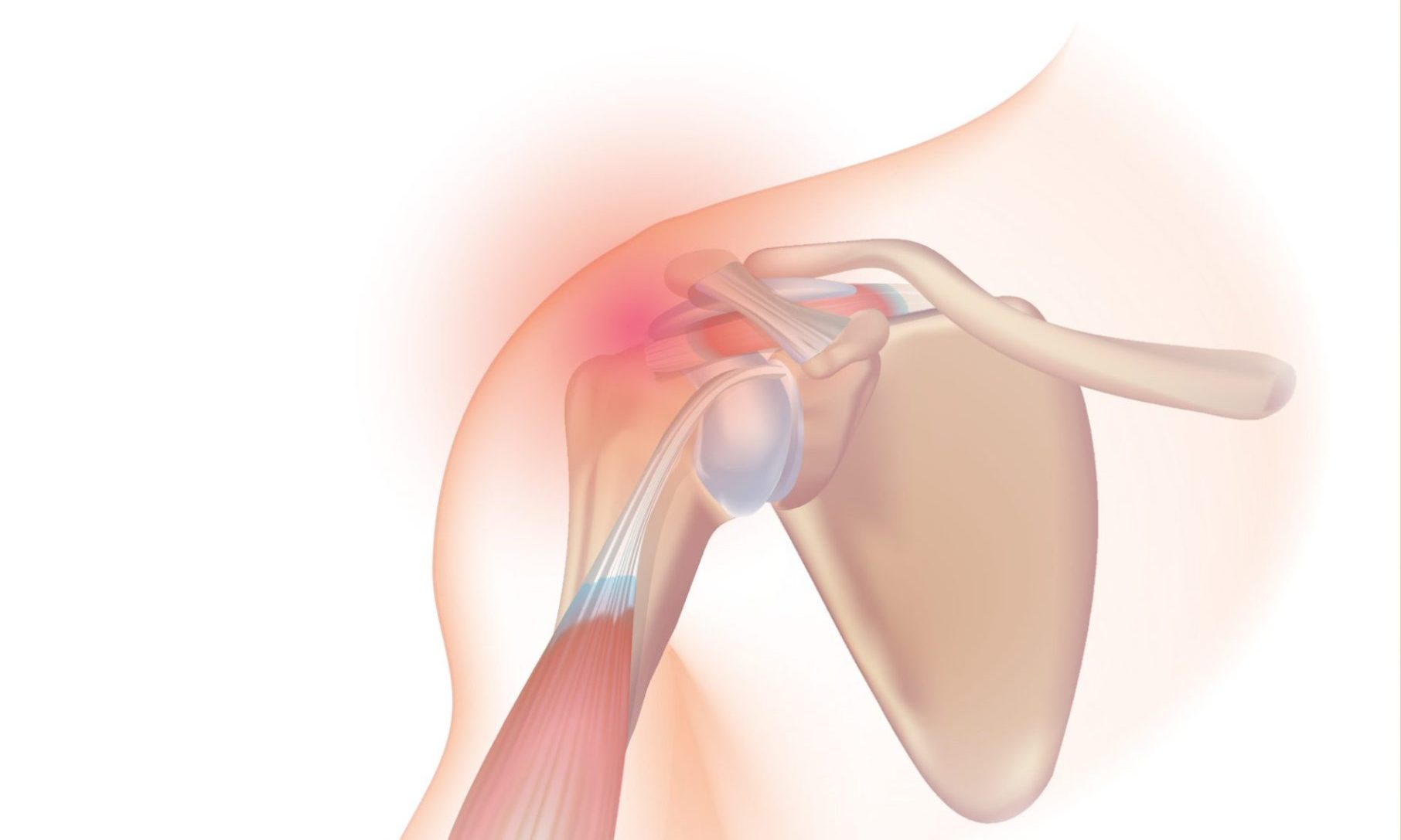Multi-Directional Instability (MDI) is a condition that affects the shoulder joint, causing excessive and abnormal movement in multiple directions. It is characterized by a sense of shoulder instability, frequent subluxations (partial dislocations), or dislocations in various shoulder positions. MDI often occurs due to ligamentous laxity or generalized joint hypermobility.
Managing MDI requires a comprehensive approach that aims to improve shoulder stability, reduce symptoms, and enhance functional abilities. Physiotherapy plays a crucial role in the treatment process, helping individuals regain strength, stability, and control of their shoulder joint.
The 5 stages of rehab can guide the management of MDI:
- Pain management: The initial focus is on relieving pain and inflammation associated with MDI. Physiotherapists employ various techniques such as manual therapy, gentle exercises, and modalities including ice therapy to reduce pain and swelling.
- Range of motion: Once pain is under control, the emphasis shifts to improving the range of motion in the shoulder joint. Physiotherapists prescribe specific exercises and stretching techniques to restore flexibility and mobility in the shoulder. Gradual and controlled movements are introduced to avoid excessive joint stress.
- Motor control: This stage focuses on improving neuromuscular control and stability around the shoulder joint. Physiotherapists prescribe exercises that target the rotator cuff muscles, scapular stabilizers, and other supporting muscles. Proprioceptive training and neuromuscular re-education help individuals improve their ability to control shoulder movements and maintain stability during functional activities.
- Strengthening: Strengthening exercises are vital for enhancing shoulder stability and preventing subluxations or dislocations. Range Physiotherapists design a personalized exercise program that targets the muscles around the shoulder joint, including the rotator cuff, deltoids, and scapular muscles. Progressive resistance training is used to build strength and endurance, improving overall shoulder stability.
- Maintenance: The final stage focuses on maintaining the gains achieved through rehabilitation and preventing recurrent shoulder instability. A high priority is to maintain a regular exercise routine that includes specific shoulder-strengthening exercises. Range Physios will provide advice to individuals on proper body mechanics, techniques for activities of daily living, and strategies to avoid situations that could lead to instability episodes.
In addition to physiotherapy, treatment for MDI may involve wearing a supportive brace, or taping techniques, to provide external stability to the shoulder joint. In some cases, if conservative measures fail to address the instability, surgical intervention may be considered to repair or tighten the damaged structures.
The Range Physio practices have physiotherapists who specialize in shoulder rehabilitation and have experience in managing MDI. They will assess the individual’s condition, develop a tailored treatment plan, and monitor progress throughout the rehabilitation process. With commitment to the rehabilitation program, proper technique, and ongoing support, individuals with MDI can improve shoulder stability, reduce symptoms, and regain control over their shoulder joint, allowing them to return to their desired activities and improve their quality of life.
For more information regarding MDI please visit:


